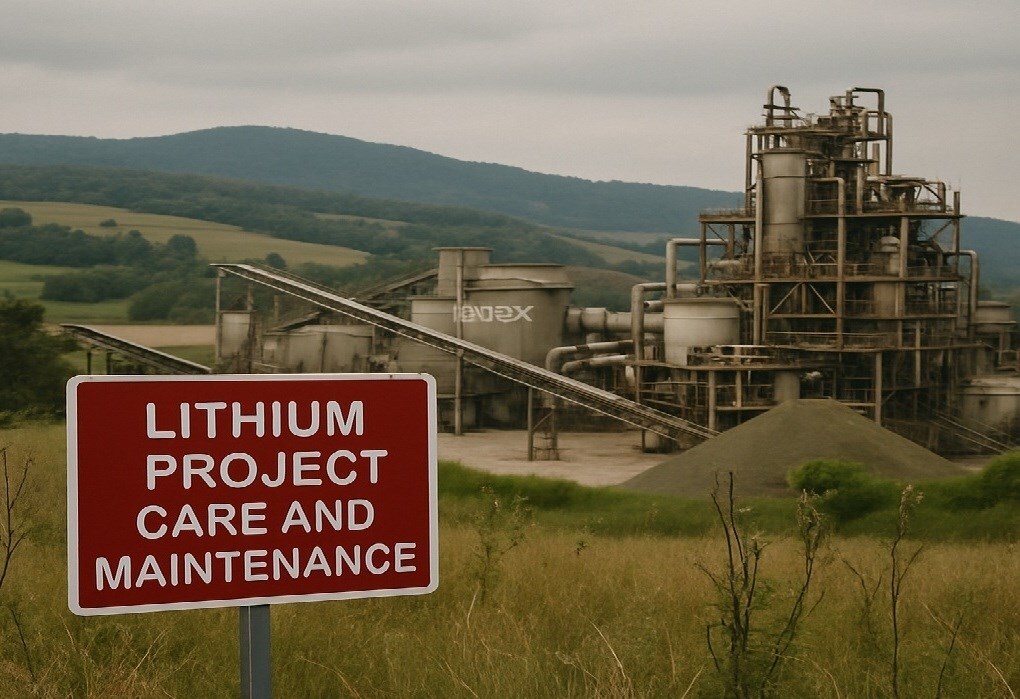您想继续阅读英文文章还
是切换到中文?
是切换到中文?

THINK ALUMINIUM THINK AL CIRCLE

Rio Tinto has put its Jadar lithium project in western Serbia on hold, shifting the whole operation into care and maintenance for now, though the company says it isn’t walking away from Serbia. But it will hold the legal rights over the deposit and continue to operate in the country.
 Image for representational purpose
Image for representational purpose
The move isn’t particularly surprising. The Wall Street Journal reported—citing an internal memo—that Rio Tinto would stop further work after already spending more than USD 700 million (EUR 602 million) on the project. Long delays on key permits have made it difficult to keep pouring in money at the same rate.
Back in August, Jadar project director Chad Blewitt said the company was still waiting for approval of its environmental impact assessment as well as other licences, including the exploitation field permit. Since then, there has been no public announcement of progress on any of these approvals.
The Jadar deposit was first identified in 2004, when Rio Tinto discovered jadarite, a mineral rich in lithium and boron, near the city of Loznica. If developed, the mine was expected to become one of the world’s largest greenfield lithium operations, producing around 2.3 million tonnes of battery-grade lithium carbonate over 40 years. A 2021 estimate put capital costs at about EUR 2.55 billion (USD 3 billion), though the company has been revising that figure.
Also read: Rio Tinto considers asset swap to reduce Chinese shareholding
The project has had a difficult path. In 2022, Serbia’s government revoked the spatial plan and several licences after large environmental protests. Those permits were reinstated in July last year, but the announcement brought fresh protests and effectively left the project frozen again. Environmental groups, scientists and local residents say the mine would threaten water sources, farmland and the broader ecosystem. Rio Tinto has rejected these claims, saying they are based on misinformation rather than science.
Despite the political and social hurdles, the European Commission added Jadar to its list of strategic raw materials projects outside the EU in June, signalling that the deposit still matters to Europe’s battery supply chain.
Explore- Most accurate data to drive business decisions with 50+ reports across the value chain
Responses








